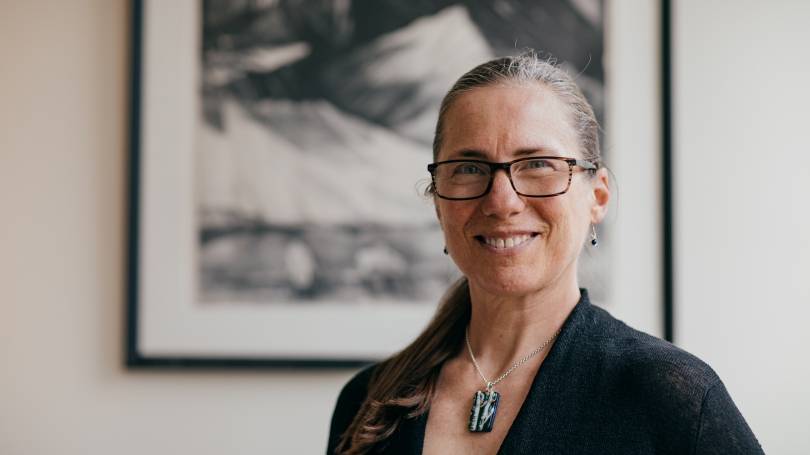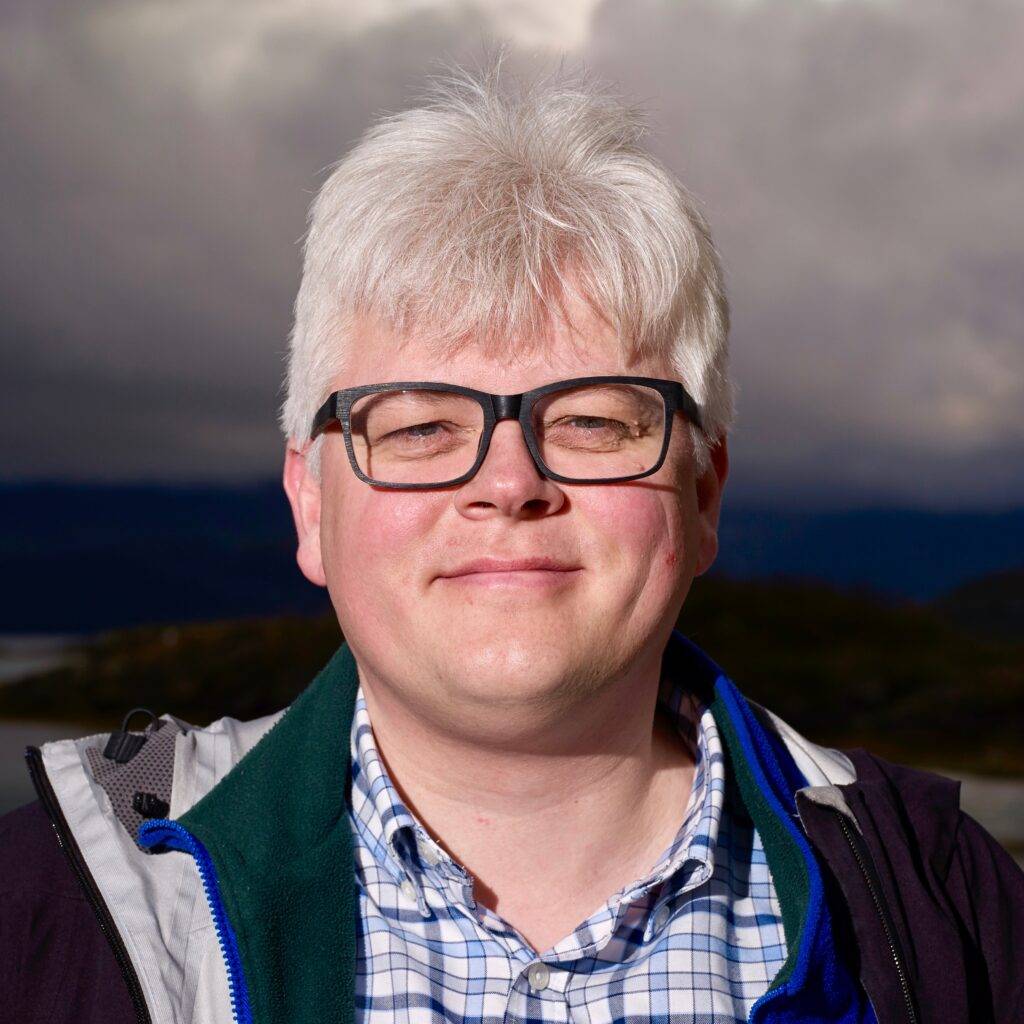Science Diplomacy - When science serves the greater good: Discover science diplomacy
Newsletter
You are currently finishing your PhD, or postdoc, and you want to make a difference outside the lab. You are also deeply convinced that science must benefit society above all, but you’re not entirely sure where to start. Well, you are probably destined to become a science diplomat! Here are a few things to know about this fascinating and rapidly evolving discipline, thanks to the speakers who were invited at the webinar organised by the MCAA Switzerland Chapter.


Melody B. Burkins, in her own words
I am the director of the Institute of Arctic Studies, senior associate director in the John Sloan Dickey Center for International Understanding, and adjunct professor of Environmental Studies at Dartmouth (United States). In January 2022, I was also honoured to be named the Arctic Chair in Science Diplomacy and Inclusion. Trained as a polar scientist, my scholarship and practice are related to Arctic and global science diplomacy, climate change, sustainable development, gender equality and inclusion.
Rasmus Gjedssø Bertelsen, in his own words
I am Danish and living in Iceland as a child gave me a deep personal and professional interest in the Arctic and North Atlantic. I have studied and worked in Denmark, Iceland, Switzerland, Netherlands, UK, France, US, Japan and now Norway. From October 2020 to December 2021, I was guest professor at Sorbonne University with the EU H2020 Inventing a shared Science Diplomacy for Europe and visited Friedrich-Alexander-Universität in Erlangen from October to November 2021. Transnational flows of knowledge are a major research and personal interest for me.

Ask experts what the definition of science diplomacy is, and you’ll see that answers might differ substantially. Melody describes science diplomacy as work at the boundary and intersection of science policy and foreign policy, whereas according to Rasmus, it is related to the use of research and research cooperation for foreign policy purposes.
“It is important to see ‘science’ in the complete German ‘Wissenschaft’ or Scandinavian ‘videnskab/vitenskap/vetenskap’ sense comprising humanities, social science, natural science, technology, health sciences, etc. The English term ‘science’ only comprises natural sciences and technology and is too narrow,” Rasmus explains.
Both our interviewees agree that science diplomacy is a discipline of absolute importance. “Global challenges facing our people and planet are multidisciplinary and have no geographic boundaries. Therefore, the science, policies, and actions we take to tackle those global challenges – be it climate change, renewable energy, biodiversity loss, or peace and security – must also be informed and developed across disciplines and boundaries,” says Melody.
Rasmus agrees that humanity is facing pressing complex coordination challenges in areas such as nuclear arms control, space security, climate change and cyber security, which require very advanced knowledge across humanities, social sciences, natural sciences, and technology to manage.
Becoming a science diplomat
For the attention of researchers willing to become science diplomats, our interviewees have specific recommendations. For Melody, openness is key.
“Interdisciplinary understanding of when a question is a case of humanities, social science, natural science, technology, etc. is important. If a problem is a game theory coordination problem such as climate change, then technology will only be a solution if it changes the game,” adds Rasmus.
To develop such skills, future science diplomats must combine practice and theory. According to Rasmus, science diplomats must pay close attention to other disciplines. “Know your own limitations. Ask carefully if a question falls within your own disciplinary competence or within another discipline.”
Melody highlights the importance of cultivating one’s own path. “It is key to volunteer with local community organisations, serve on public boards and committees, take time to step outside of the research ecosystem and understand the incentives, motivations, and interests of those in other roles (elected officials, community organisers, business owners, finance leaders) as well as the interests of youth, women, and other underrepresented groups in global science and diplomacy networks,” she advises.
Successful agreements thanks to science diplomacy
Both our interviewees note that a relevant use of science diplomacy can lead to successful agreements.
Rasmus mentions the Cold War nuclear arms control as a positive example: “It kept humanity from extinction because of an advance combination of many disciplines from game theory (Thomas Schelling received the 2005 Nobel Prize in Economics for his work at the basis of mutual deterrence) to physics to geosciences and further,” he says.
Melody sheds light on a more recent event, the so-called ‘Fairbanks Science Agreement’ – formally the Agreement on Enhancing International Arctic Scientific Cooperation– signed in 2017 by the eight Arctic nations and agreed to, through consensus, by the six Arctic Indigenous Peoples organisations (or permanent participants) of the Arctic Council.
She explains: “The agreement not only confirms the work of all parties to continue to invest in cooperative scientific coordination for environmental conservation and sustainable development throughout the circumpolar north, it ensures that all scientific activities will respect, and endeavour to include indigenous traditional and local knowledge in all scientific planning and research activities. It is a model of inclusive science diplomacy and one that can, and should, be emulated in global scientific agreements.”
Evolving with society
Melody and Rasmus envisage a bright future for this science diplomacy discipline, keeping in mind potential limitations. “There are countless forces in higher education and research driving students and researchers into narrow silos,” says Rasmus.
Melody emphasises the importance for this discipline to evolve. “An optimistic future is predicated on science diplomacy becoming much more inclusive, grassroots and responsive to community and local interests as well as diverse knowledge systems and voices, including youth and indigenous peoples of the world. If science diplomacy restricts itself to existing systems and hierarchies of academia and policy making, it will not attract the knowledge, trust, nor leadership needed for effective transitions we need for a more sustainable, equitable, and just future,” she concludes
Aurélia Chaise
MCAA Editorial Team